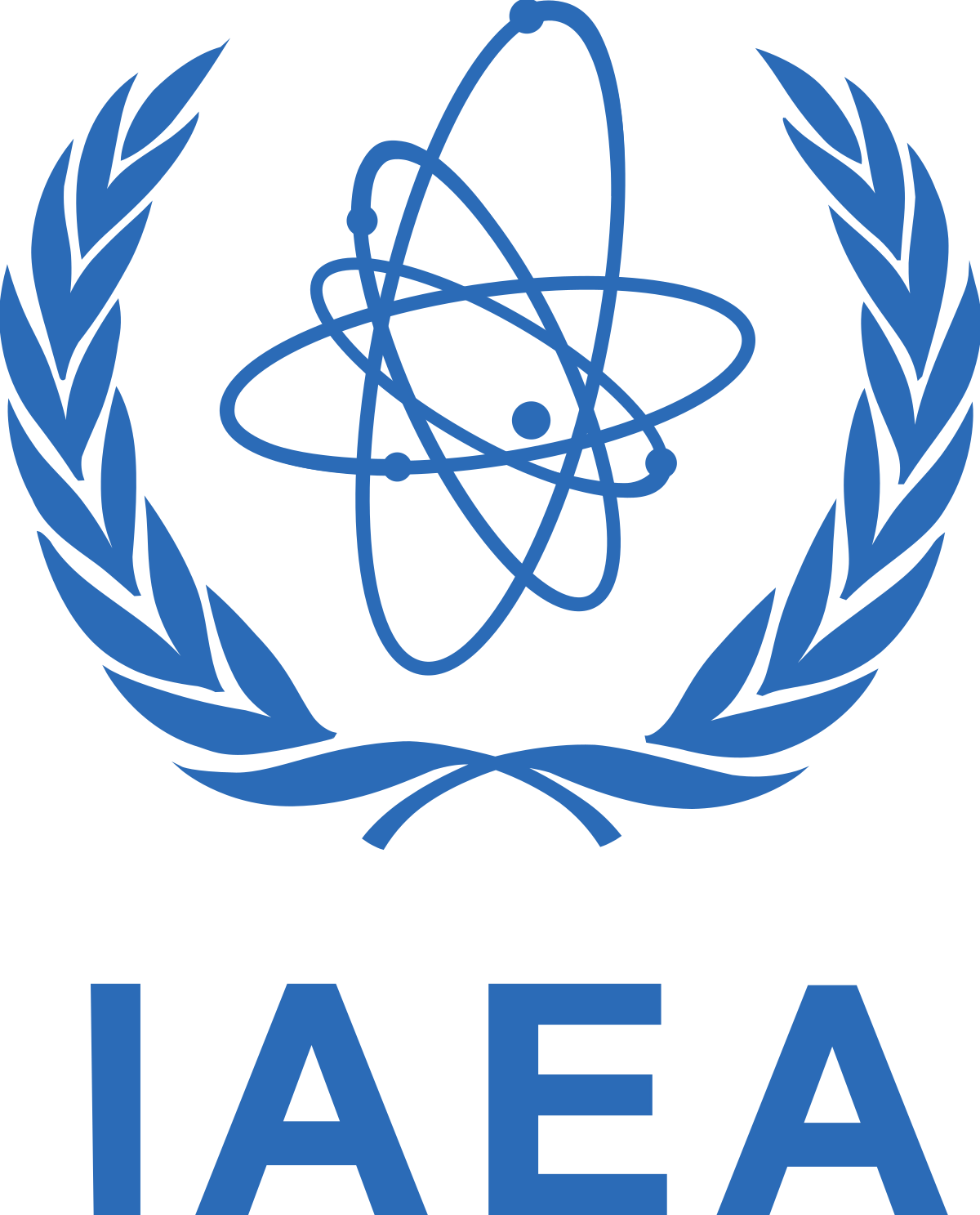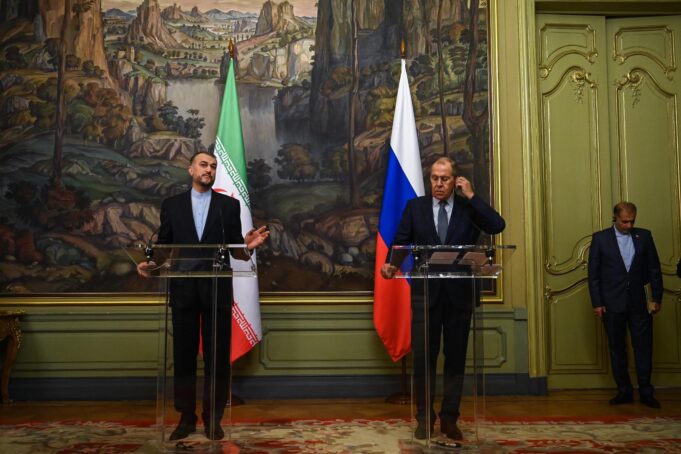Iran’s foreign minister has ringed the alarm about Israel’s presence in the Caucasus, stressing Tehran will not tolerate a geopolitical change in the region.
“The Islamic Republic of Iran is deeply concerned by Israel’s presence in the Caucasus,” Hossein Amir-Abdollahian said on Oct. 6, stressing, Tehran “will not accept a map change in the region.”
He made the remarks at a press conference with his Russian counterpart Sergei Lavrov in Moscow. He added that Iran expects Russia to be sensitive to any potential changes in the borders in the region and the presence of terrorists and movements of the Zionist regime that threaten regional peace and stability.
The remarks came in reaction to recent developments along Iran’s northwestern borders and the latest remarks by Azerbaijan President Ilham Aliyev.
Iran launched a drill, codenamed Fatehan-e Kheybar (Conquerors of Khaybar), in the northwest of the country on Oct. 6, in line with efforts to boost its defense and deterrent capabilities in the face of potential threats.
Mr. Aliyev criticized the drills, but Iran reiterated that it reserves the right, just like any other sovereign country, to hold military exercises inside its territory to test and maintain its preparedness.

Mr. Amir-Abdollahian said the Republic of Azerbaijan has held six maneuvers with some foreign parties, but Iran held only one exercise.
In addition to the presence of Daesh terrorists in the region, Iran has been suspicious of Azerbaijan’s links to the Israeli regime, too.
Elsewhere in the presser, Mr. Amir-Abdollahian said, Iran and Russia “have agreed to discuss a treaty on strategic cooperation in the future, and soon, we will have a draft and we will issue a road map that will be the basis of our long-term cooperation.”
He lauded the bilateral ties between the two countries but underlined the need to “make a leap” in the promotion of cooperation.
He also praised his “fruitful” talks with his Russian counterpart on regional issues, including Afghanistan, Syria, Yemen and the Palestinian issue.
“We support the establishment of an inclusive government with all stakeholders included,” he commented on Afghanistan.
He also said that Tehran was ready to make arrangements for director general of the International Atomic Energy Agency (IAEA) Rafael Grossi for a visit to Tehran.
“We welcome any visit by the IAEA head to follow up on technical issues,” Mr. Amir-Abdollahian said, but expressed Iran’s dismay over the failure of the UN nuclear agency to condemn the terrorist incident at a nuclear facility in Karaj in north-central Iran.
For his part, Mr. Lavrov said he discussed with his Iranian counterpart specific ways to expand cooperation between the two countries “in bilateral projects based on the agreements achieved on the highest level.”
“We have a stable growth of trade, which despite the Covid-19 pandemic and sanctions increased by 42 percent” this year, he said, adding, “We have agreed to boost our economic cooperation further and develop economic ties.”
He also rejected U.S. push for a West-style world order, stressing, “We oppose the rules-based world order that is promoted by the U.S. and its Western allies that are trying to impose [it] on all international players.”
On the 2015 Iran nuclear deal, the top Russian diplomat underscored the necessity for the implementation by all sides of UN Security Council Resolution 2231 that endorses the agreement.
He also said the talks in Vienna aimed at reviving the Joint Comprehensive Plan of Action (JCPOA) should be resumed as quickly as possible.
He echoed Iran’s stances that expect the U.S. to resume its obligations according to the Iranian deal, but dismissed Washington’s expectation of Tehran to make certain changes so the U.S. would re-enter the deal.
“As for the expectations of the U.S. that Iran should make certain changes for the U.S. to re-enter the deal, it is something that we do not accept and that Iran does not accept,” Mr. Lavrov said.
He also said Iran and Russia see eye to eye over the fact that the U.S. worsened the situation in Afghanistan in the past 20 years.
“Both countries believe that the people of Afghanistan have suffered a lot over the two decades of political experiments carried out by the U.S.,” he said, adding that the Afghans “have the right to freely decide the future of their land.”
“We believe that political stabilization is important to reach this goal,” he further commented.
Mr. Amir-Abdollahian’s visit to Moscow is his first since taking office as Iran’s foreign minister. (PressTV.ir)













